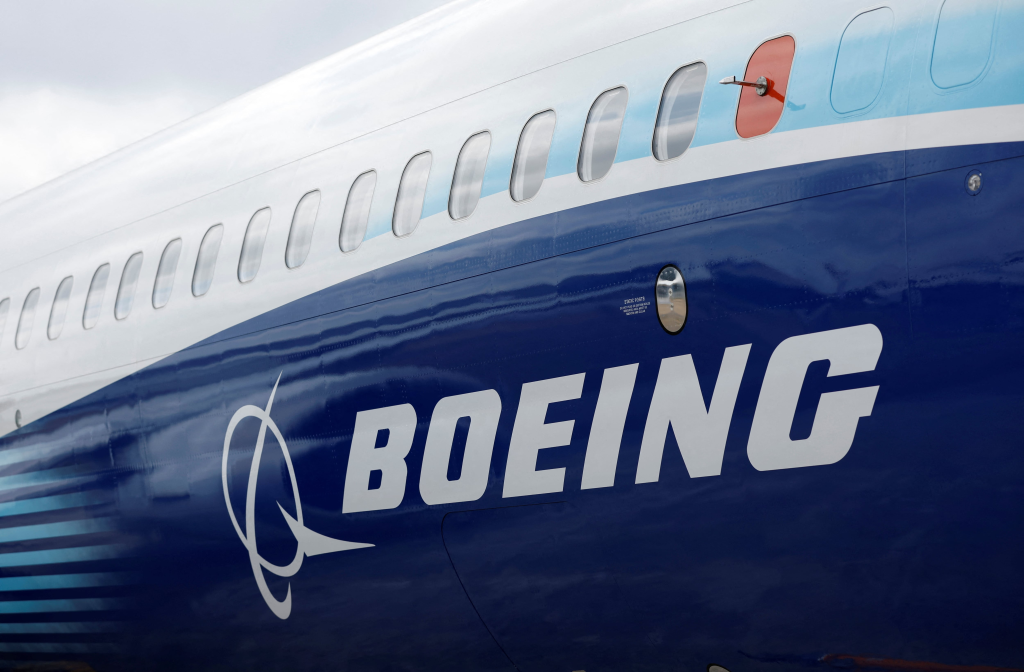It’s finally over. On Monday, by a vote of 59% for and 41% against, the International Association of Machinists (IAM) voted to accept a new four-year contract from Boeing (NYSE: BA).
Under the terms of the new contract, IAM members will see wages rise 38% over the next four years, receive higher 401(k) matching funds (but no reinstatement of the company pension), and pay lower healthcare premiums. Most importantly, after 54 days on the picket line, workers will start returning to work on Wednesday. Boeing can get back to building airplanes (more precisely, the 737, 767, and 777 airplanes on which construction was halted during the strike).
Investors aren’t quite so lucky. We still have some work to do in calculating the damage done to Boeing stock over the past 52 days that this strike lasted, and we need to consider the damage that will be further done to Boeing’s financials over the coming years.
Boeing Q3 earnings
We’ll begin with what we know for certain, as reflected in Boeing’s Q3 earnings report, issued late last month.
The good news is that although Boeing’s labor strike slowed down sales in the quarter, the slowdown affected only the last 17 days, from Sept. 13 through 30. While commercial airplane revenue declined 5%, in terms of commercial aircraft delivered, Boeing actually delivered more airplanes in Q3 2024 than in Q3 2023 (116 versus 105). Boeing was also helped by recording small percentage increases in revenue at its global services unit (revenue up 2%) and at Boeing defense (up 1%).
Thus, while total Q3 revenue declined compared to last year’s Q3, the decline was only 1%, to $17.8 billion.
The bad news is that Boeing’s profits didn’t get off so easily. Operating margins at the aerospace giant, already running negative for years, got even worse in Q3, falling to negative 32.3%.
The blame here was shared unevenly. Global services profits actually climbed 6% year over year to $834 million. But, hurt by charges on its T-7A training jet, MQ-25 naval drone, and KC-46A refueling tanker contracts, as well as on its Starliner spacecraft, Boeing recorded a $2.4 billion operating loss from its defense division (BDS). Commercial airplane losses, meanwhile, exceeded $4 billion.
On the bottom line, Boeing lost $6.2 billion, or $9.97 per share.
How much damage did the strike do?
As explained above, not all of this loss was due to the strike. The losses at BDS, for example, had little to do with striking commercial airplane workers. Still, Boeing highlighted the “impacts of the IAM work stoppage” as the No. 1 factor causing its big loss. More than just sales delayed by the work stoppage, Boeing also took $3 billion worth of charges to account for both the cost of a year-long delay in introducing its new 777X and the shuttering of its 767 Freighter line — both measures taken to cut costs and conserve cash because of the strike.



